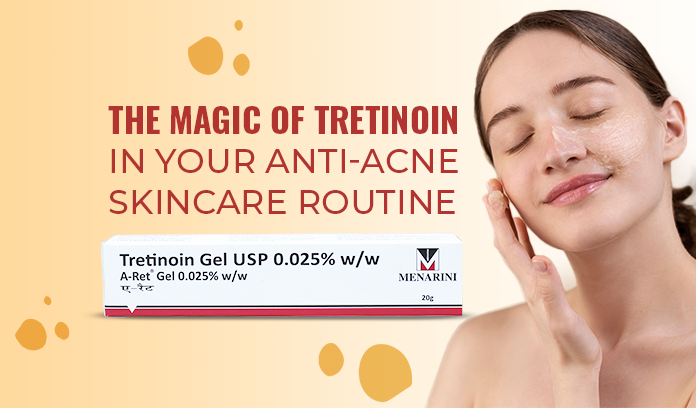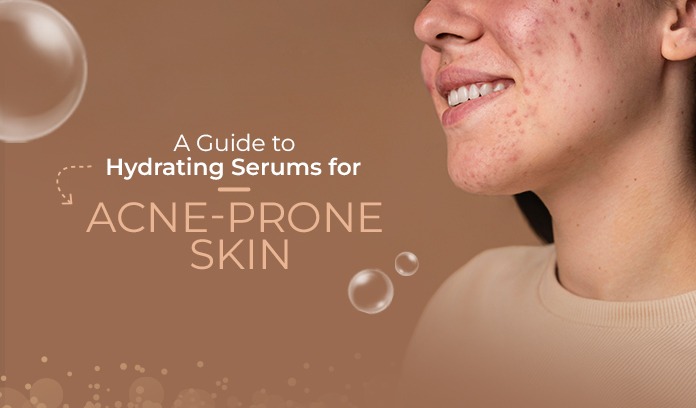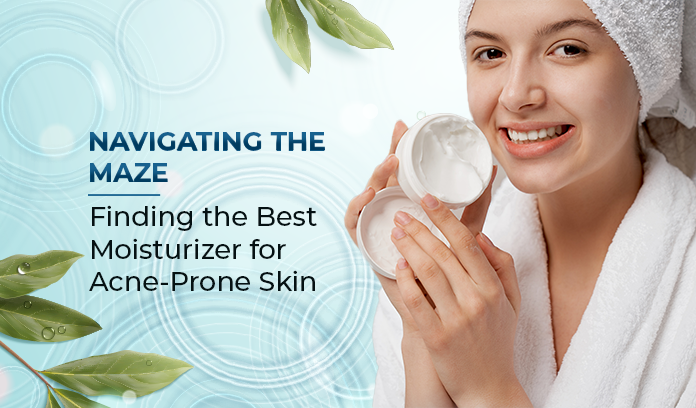Apart from traditional and over-the-counter treatments used to combat persistent acne, natural remedies like Tea tree oil for anti-acne skincare have gained immense recognition in recent years. Known for its powerful antimicrobial properties, tea tree oil helps relieve acne symptoms by promoting clearer-looking skin.
Understanding Acne and its Causes
Before underlining the benefits of tea tree oil for acne, it is vital to understand the condition itself. Acne occurs as a result of hair follicles being clogged with dirt, oil, and dead skin cells.
Such a skin environment creates a breeding ground for bacterial growth, leading to inflammation and the onset of painful pimples, whiteheads, and blackheads.
Tea Tree Oil Benefits
Derived straight from the leaves of the Australian tea tree (Melaleuca alternifolia), Tea tree oil possesses strong antimicrobial, anti-inflammatory, and anti-fungal properties that make it a compelling choice to treat acne-causing bacteria.
Moreover, when applied topically, tea tree oil penetrates the skin’s layers to reduce bacterial buildup and reduce inflammation without causing the skin to peel off due to excess dryness.
Tea tree oil for acne: How it works
Tea tree oil works to address Propionibacterium acnes, the bacterium that causes frequent acne breakouts.
Other than acting as a natural antimicrobial agent, Tea tree oil breaks down the bacterial cell walls to inhibit bacterial growth. Additionally, tea tree oil for acne scars helps regulate excess stimulation of the sebaceous glands to prevent further pore blockage.
Its soothing and skin-healing properties work to reduce redness and irritation, promoting a calmer-looking complexion.
Proper application and caution
To use it effectively and safely, it is wise to dilute tea tree oil with a carrier oil (Jojoba or Coconut oil) before application on the skin.
Concentrated and pure Tae tree oil can cause skin irritation, especially in those with relatively sensitive skin.
Perform a patch test before regular use and refrain from applying it near the eyes or mouth.
Incorporating tea tree oil into a skincare regimen
To introduce this essential oil into your skincare routine, start with a small amount to mix with a carrier oil. Before applying it topically, remember that pure tea tree oil can cause skin irritation.
Apply the mixture on a cotton ball or clean fingertips and gently dab on affected areas.
For a more controlled application, you can consider using tea tree oil for acne in the form of spot treatments, cleansers, or toners.
Conclusion
Due to its potent anti-inflammatory and antimicrobial benefits for the skin, tea tree oil is an effective approach to combat acne symptoms.
As with all skincare products, consistency and patience yield significant results. By adding tea tree oil to your skincare routine, you can be a step closer to healthier, radiant, and acne-free skin.











